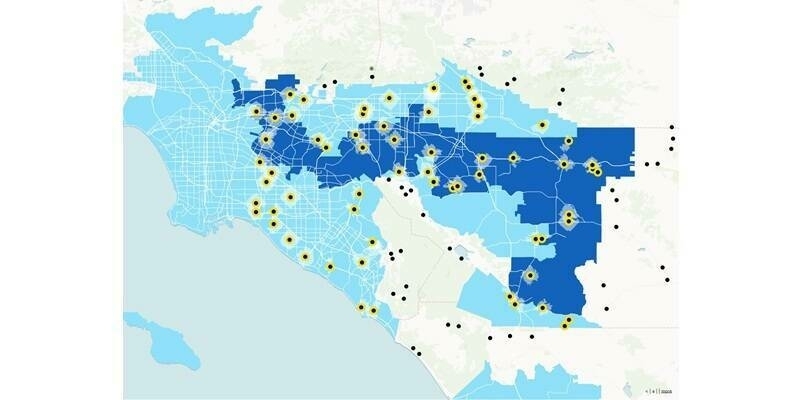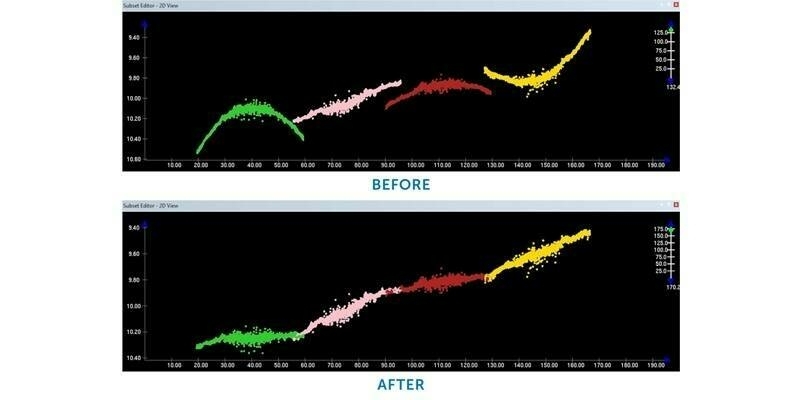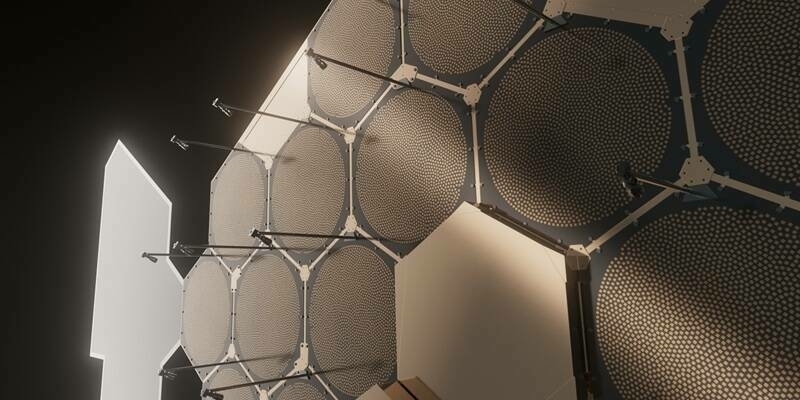Space is getting congested – tens of thousands more satellites are expected to launch into low Earth orbit within the next decade.
With this exponential growth in telecommunications comes a concern for potentially devastating collisions between operational and defunct satellites.
Astroscale, the U.K. and European subsidiary of Astroscale Holdings (“Astroscale”), a provider of satellite servicing and long-term orbital sustainability across all orbits, announced that the European Space Agency (ESA) has selected Astroscale Ltd., to lead a collision avoidance study that’s part of the Collision Risk Estimation and Automated Mitigation (CREAM) activities in ESA’s Space Safety Program.
CREAM is designed to generate technologies for automated systems that can determine the likelihood of orbital collisions with greater accuracy, reduce the number of false alerts by allowing reduced time between maneuver decisions and close approaches, and finally to optimize maneuver plans that are uploaded to satellites.
A team of Astroscale-led experts, based in the UK and Europe, will focus on developing concepts using innovative tools such as inter-satellite links, large ground station networks accessible as a service, and on-board processing means to allow reducing the timeframe from alert to likely collision. The CREAM 2 study, valued at €800K, will recommend late commanding paths to allow for late decisions in collision avoidance, saving time and resource from unnecessary maneuvers.
To help solve this challenge, Astroscale is partnering with GMV teams in the UK, Portugal and Romania to garner their expertise with on-ground and on-board collision avoidance processes and information sharing systems. In addition, OneWeb will share their expertise and insights on the specific methods and challenges in managing collision avoidance for large satellite constellations.
Subscribe to our newsletter
Stay updated on the latest technology, innovation product arrivals and exciting offers to your inbox.
Newsletter

